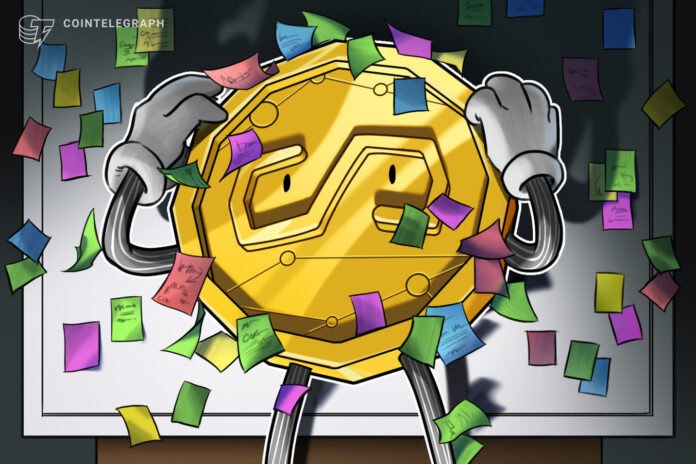Stablecoins have a lot of potential to harm emerging markets and developing economies, the Reserve Bank of India (RBI) claimed in its latest Financial Stability Report, released June 28. The report listed six threats that stablecoins present.
The RBI has been a steadfast critic of cryptocurrency, but it was particularly articulate about the problems it sees with stablecoins “from an EMDE [emerging markets and developing economies] perspective.” It listed six specific problems, even though:
“The lack of authenticated data and inherent data gaps in the crypto ecosystem impede a proper assessment of financial stability risks.”
A stablecoin could threaten an EMDE through currency substitution, as its underlying assets are generally denominated in freely convertible foreign currency, the report claimed. The “cryptoisation” of the economy that could result from large-scale stablecoin adoption could lead to currency mismatches “on the balance sheets of banks, firms, and households.”
News Alert | RBI Financial Stability Report: Governor Shaktikanta Das on importance of tech, opportunities for growth and global cooperation among regulators #RBIFinancialStabilityReport #RBI @RBI @DasShaktikanta pic.twitter.com/D5dwkYcjwn
— ET NOW (@ETNOWlive) June 28, 2023
An EMDE central bank could face problems setting the domestic interest rate and liquidity condition due to the presence of stablecoins in the economy, the RBI continued. Furthermore, the “decentralised, borderless, and pseudonymous characteristics of crypto-assets […] make them potentially attractive instruments to circumvent capital flow management measures.”
By presenting an alternative to the domestic financial system, stablecoins could interfere with banks’ ability to mobilize money and create credit by undermining credit risk assessment. Finally, the report said, peer-to-peer transactions are hard to track, which could increase the potential for their use in wrongdoing.
Related: India explores offline functionality of CBDCs — RBI executive director
The RBI took the opportunity to repeat its call for global coordination. It said:
“A globally coordinated approach is warranted to analyse risks posed to EMDEs vis-à-vis AEs [advanced economies]. […] In this context, under India’s G20 presidency, one of the priorities is to create a framework for global regulation of unbacked crypto- assets, stablecoins and DeFi.”
The RBI has been more bullish on central bank digital currency (CBDC). It launched a wholesale digital rupee pilot project in November and a retail digital rupee pilot project in February. It also signed an agreement with the Central Bank of the United Arab Emirates in March to study a CBDC bridge to facilitate trade and remittances.
Magazine: Best and worst countries for crypto taxes — plus crypto tax tips
Hits: 0










